Have you been dreaming of working with world-class companies? Europe is the perfect place to turn those dreams into reality, offering incredible opportunities for work, study, and business. But let’s face it, getting a European work visa isn’t exactly a walk in the park. You need a strong portfolio to stand out from the crowd.
The good news? Europe offers a wealth of opportunities across 27 countries for both EU and non-EU citizens. One of the most popular work permits is the EU Blue Card, your ticket to a career in almost every European country, except Denmark, Ireland, and the UK. Let’s explore how you can get a European work visa in 2025.
Do I Need a Visa to Work in Europe?
The need for a visa to work in Europe depends on your nationality. If you are an EU\EEA citizen, then you do not need a visa. EU countries such as Germany, France, Italy, Switzerland, and many others.
However, for non-EU citizens EU work visa is a must for work in Europe.
Countries That Require a Work Visa (for non-EU/EEA citizens):
- Germany
- France
- Italy
- Spain
- Netherlands
- Sweden
- Portugal
- Austria
What is the Easiest Country to get a European work Visa?
The chances of getting an EU work visa depend on your skills, qualifications, and the industry you’re in. While most countries have structured policies, other countries offer more flexible options for certain professions. With full preparation, you can easily secure any job in your dream career.
Who Is Eligible for a European Work Visa?
So, who gets the golden ticket to work in Europe?
If you’re a non-EU national dreaming of a European adventure, here’s the deal: you’re eligible for a work visa if you’ve landed a job offer from a European employer. But that’s not all—meeting the specific qualifications set by the country is a must.
Each country has its own rules, so a little homework goes a long way. Got what it takes? The European job market might just be calling your name!
What Are the Requirements for a European Work Visa?
You need the following essential documents to secure your EU work visa. However, the requirements for documents may vary from country to country. The following documents are commonly needed:
- Valid Passport: Your passport must be valid for at least six months beyond your intended stay.
- Employment Letter for Immigration: This letter must confirm your work permit, your job role, and contract duration.
- Proof of Qualifications: it includes documents that align with the job you’re applying for, such as Diplomas, certifications, and relevant work experience documents
- Proof of Financial Means: Bank statements or salary details that show your ability to support yourself.
- Visa Application Form: A completed and signed Schengen visa application form specific to the country you’re applying to.
Now that we know about the EU work visa and its requirements, let’s get to know how to get a European work visa.
How to Get a European Work Visa
Getting the EU visa may seem difficult, but when you know the process step by step, the process will be easy. Here are some steps that will help you in getting an EU visa:
Step 1: Research Jobs and Target Countries
The first step is to start exploring job opportunities in your field and also the countries that align with your career goals. You have to check in-demand industries such as IT, engineering, or healthcare, where your skills are mostly needed.
Step 2: Secure a Job Offer
Once you choose your country, start applying for jobs that align with your qualifications. The most basic requirement for most EU work visas is an
- Work permit
- Schengen visa
- Employment letter for immigration
- Contact details
Step 3: Collect Required Documents
The next step is to collect all the required documents which include a valid passport, proof of qualification, health insurance, and a Schengen visa application form. You have to double-check the specific requirements for your destination country to avoid any complications.
Step 4: Submit Your Application
The next step is to submit your application. For this process, you have to visit the embassy to apply and submit your application. Make sure to pay attention to deadlines because incomplete or late submissions can delay your process.
Step 5: Attend Interviews and Follow Up
You might be asked to attend an interview to discuss your application and provide additional information. Once completed, follow up on your application to stay updated on its progress
You may be asked to attend the interview to discuss your application and provide additional information. Once the interview is done, stay updated about your application and its progress.
How Long Does It Take to Get a European Work Visa?
The process for applying for a visa depends on your home country and also on the type of visa that you are applying for. The processing time of an EU work visa typically depends on 2 to 12 weeks. For instance, EU countries like Germany and Portugal process applications faster for specific fields like IT, engineering, and healthcare.
Other factors that influence and that are the timeline
- completeness of your application,
- The volume of applications at the consulate
- additional documentation
- an interview
Can My Family Accompany Me With a European Work Visa?
EU countries allow your family to join you under family reunification policies. The family member typically includes your spouse, children under 18, and your dependent parents.
You’ll need to provide certain documents alongside your work visa application if you want to bring your family, such as:
- Marriage Certificate: Officially translated and certified.
- Birth Certificates for Children: Also translated if not in the local language.
- Proof of Financial Support: Bank statements or salary slips showing you can cover your family’s living expenses.
- Proof of Accommodation: Evidence of a suitable living arrangement for your family.
What Jobs Can I Work With a European Work Visa?
A European work visa opens doors to a wide range of job opportunities, especially in industries experiencing high demand. An EU work visa opens the door to a wide range of job opportunities, especially the industries that are in high demand.
The type of work you can do largely depends on the EU work permit that you hold. Some country visas are designed for highly skilled professionals who require a relevant degree and certification.
Some professions are listed below:
- Engineer (software engineers, mechanical engineers, electrical engineers, devOps, cloud).
- Social worker
- Psychologist
- Lawyer
- Chemist
- Biologist
- Nurse
- Constructor
- Education (teacher, professor)
- Researcher
- Scientist
- Real estate agent
- Mechanic
- Architect
Which Is the Best European Country to Work In?
Choosing the best European country depends on your priorities. Here are some European countries listed that continuously stand out.
Germany
Germany is a top pick for its high average salaries, especially in high-demand sectors like IT, engineering, and healthcare. This country provides outstanding career growth opportunities. Alongside it, access to advanced training programs and cutting-edge industries.
Additionally, Germany offers a clear pathway to permanent residency that allows professionals to build long-term stability while enjoying its robust economy and excellent quality of life.
Read our complete guide on the German work visa.
Sweden
Sweden is renowned for its exceptional work-life balance, making it a top choice for professionals seeking harmony between career and personal life. Employees benefit from generous parental leave, flexible schedules, and shorter work hours, creating a supportive and stress-free environment. The country’s strong emphasis on employee well-being ensures access to excellent healthcare, paid vacations, and a culture that values quality of life as much as productivity.
Ireland
Ireland is a leading tech hub. It also offers global giants like Google, Facebook, and LinkedIn. It offers multiple outstanding opportunities in IT, finance, and customer services that attract skilled professionals around the world.
Ireland is an ideal destination for expats looking to advance their careers in a dynamic and inclusive setting.
Denmark
Denmark is the global leader in the green energy sector. It offers excellent career opportunities in renewable energy, engineering, and biotechnology. It mainly focuses on work-life balance, which ensures flexible working hours.
Denmark is an ideal choice for professionals who are seeking both career progress and quality of life. because it allows working in a family-friendly environment and a progressive workplace.
Wrap Up
Securing a European work visa in 2025 is not just about landing a job—it’s about understanding the process. preparing the right documents and navigating legal frameworks that vary across countries. While you’re aiming for Germany, France, or any European country, exactly knowing the requirements can make or break your application.
With the right guidance and preparation, working in Europe can move from dream to reality.
Need help figuring out which visa fits your goals? Visit the EU Info Hub for updated country guides, eligibility checklists, and expert advice.

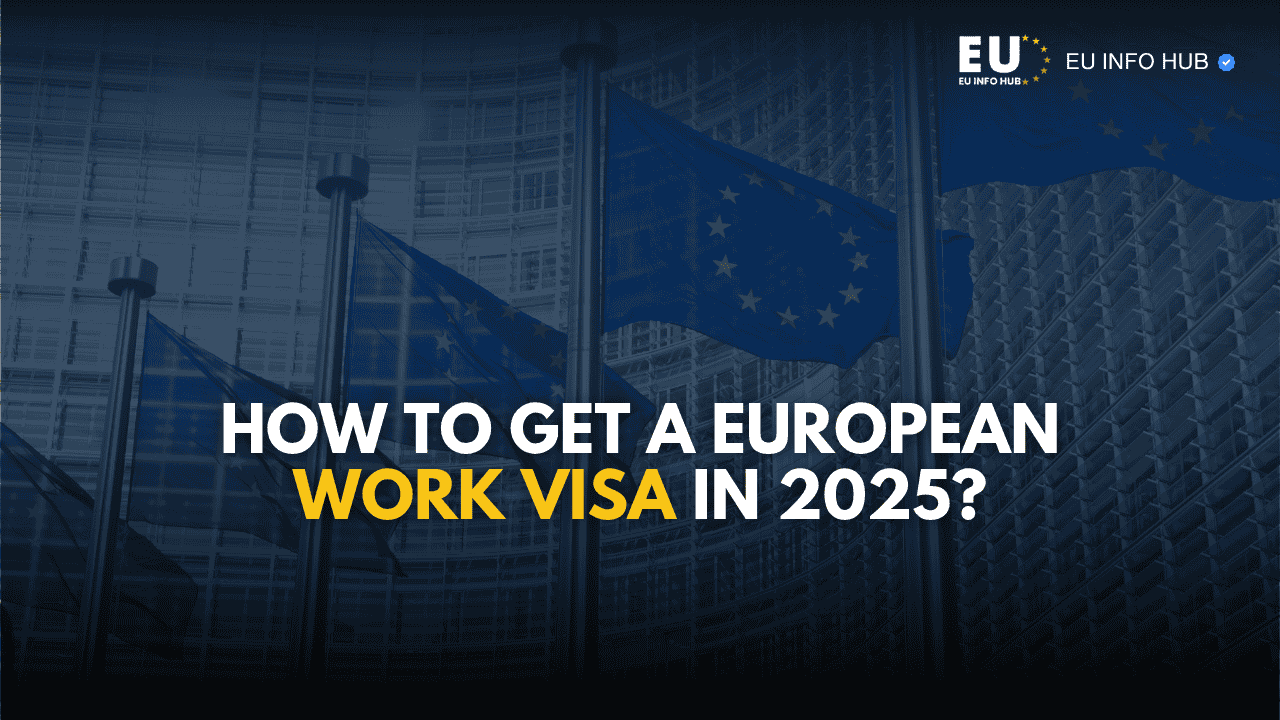


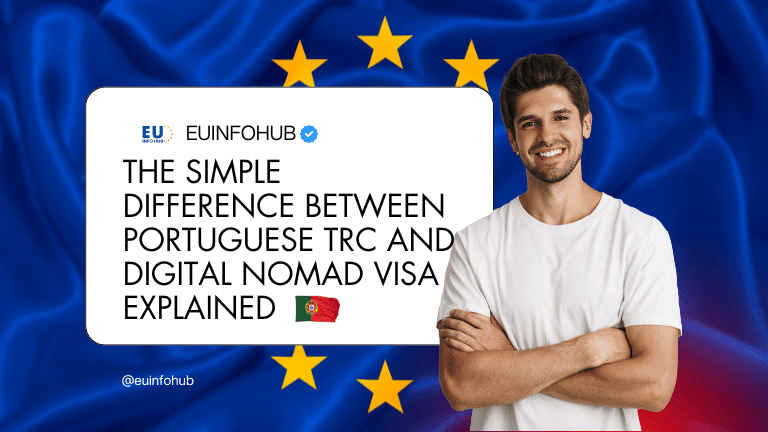
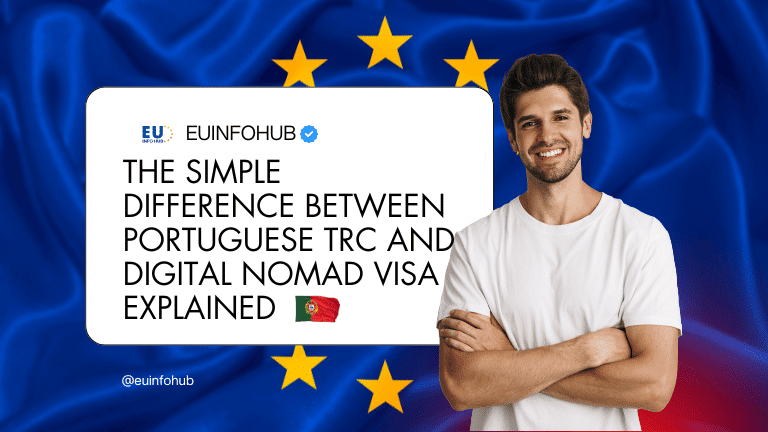
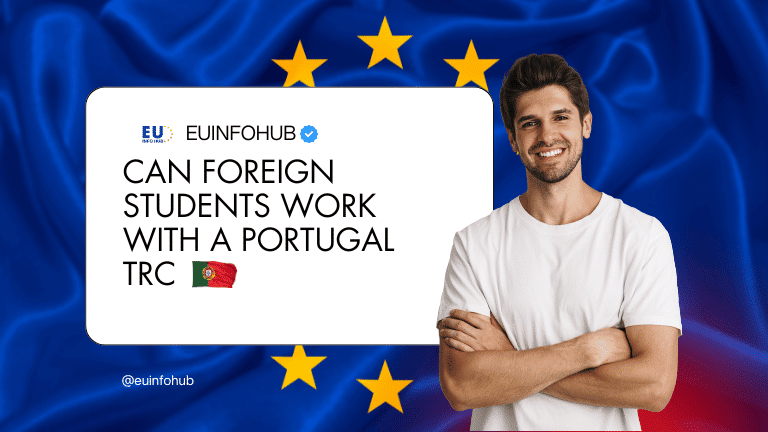
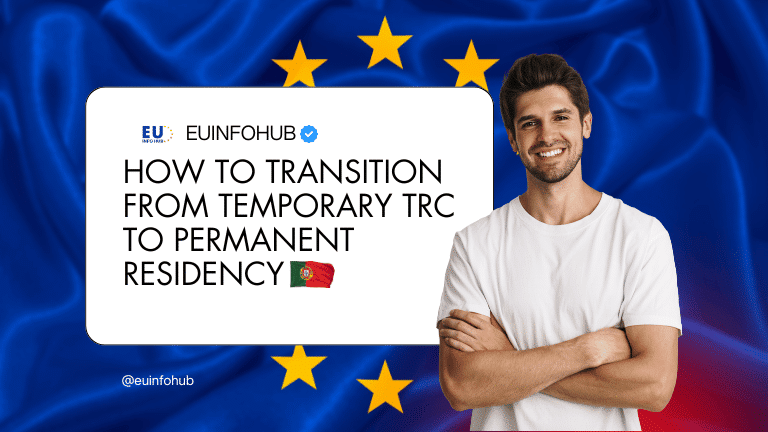


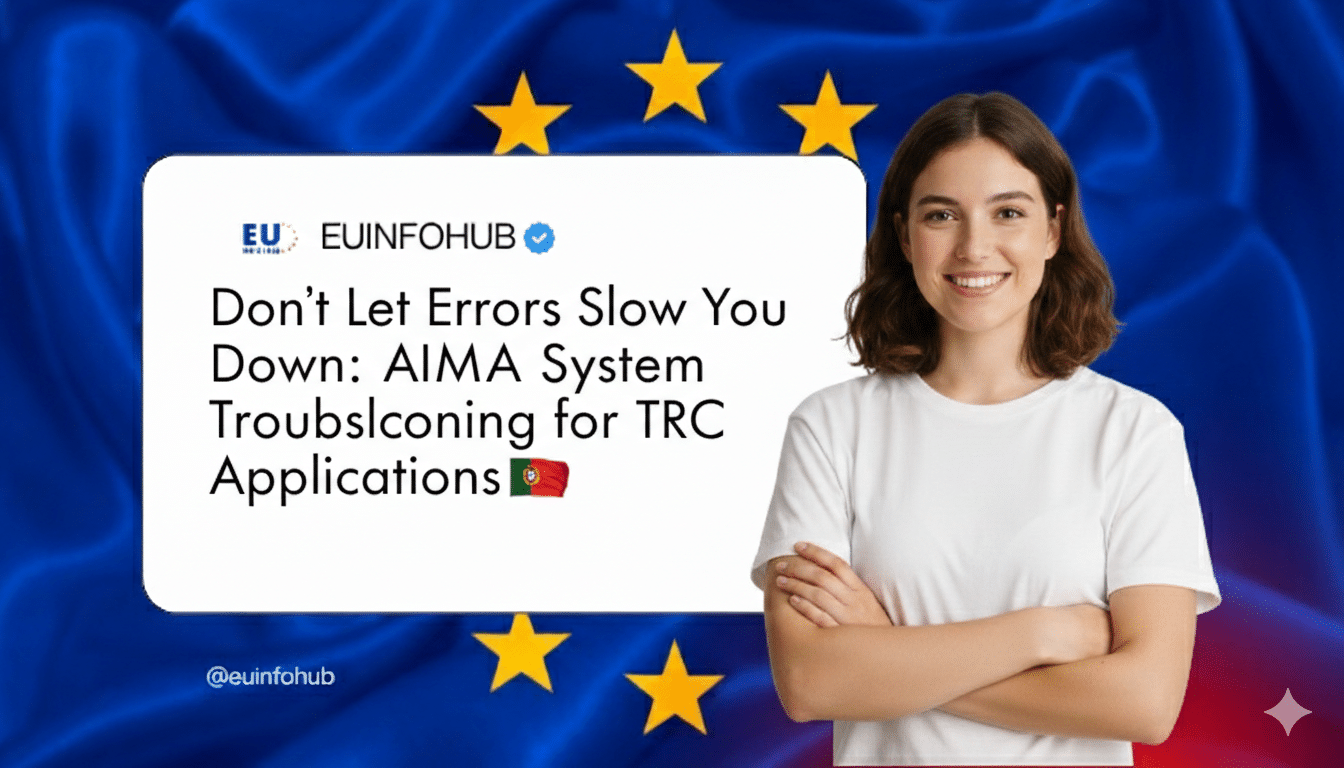
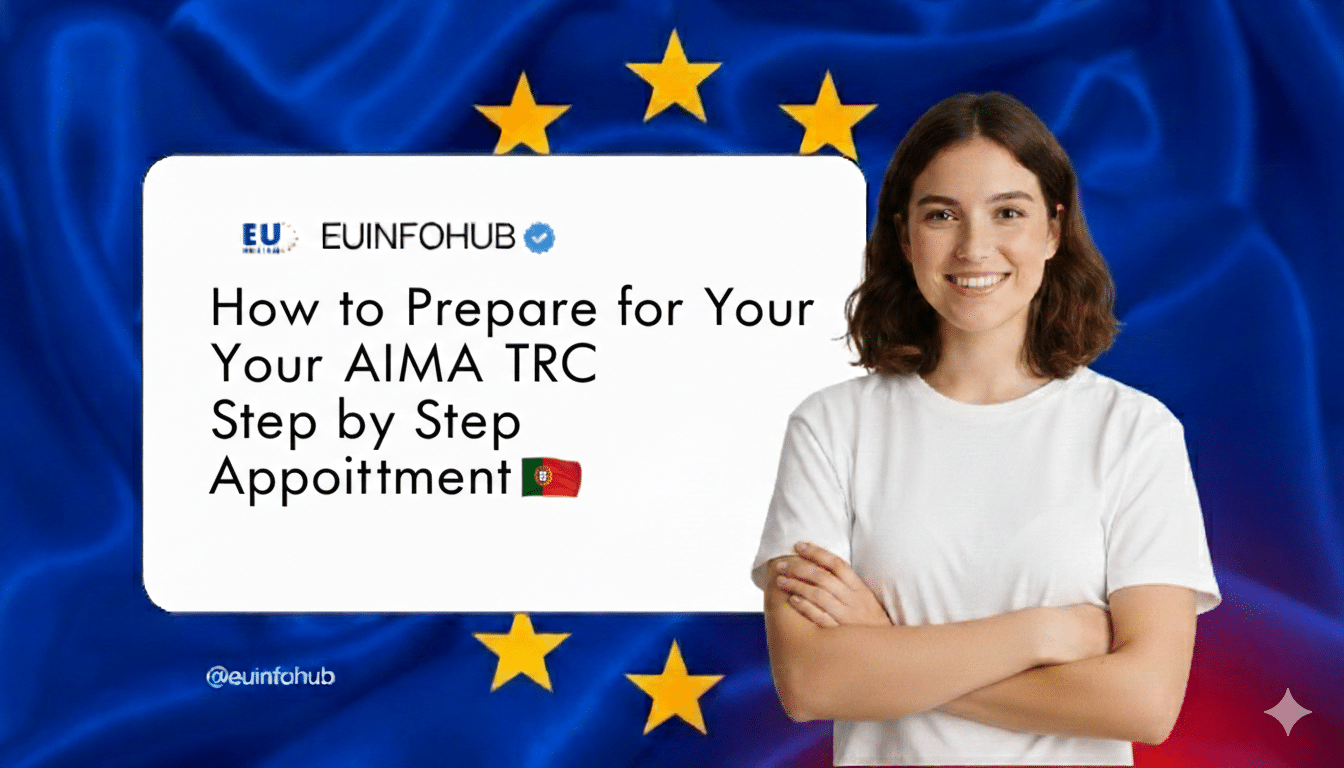

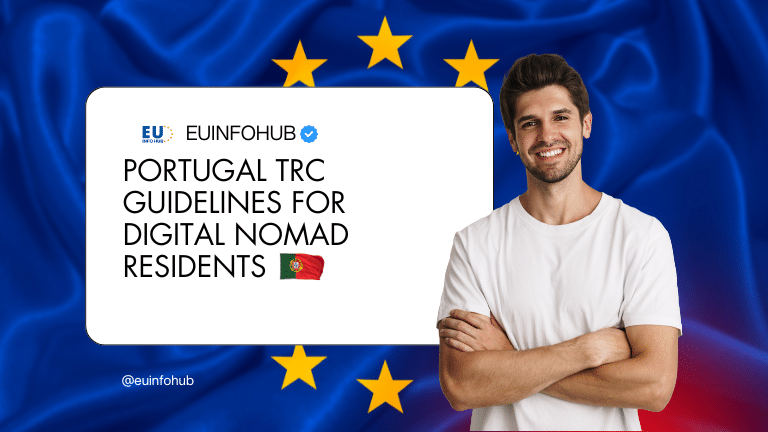
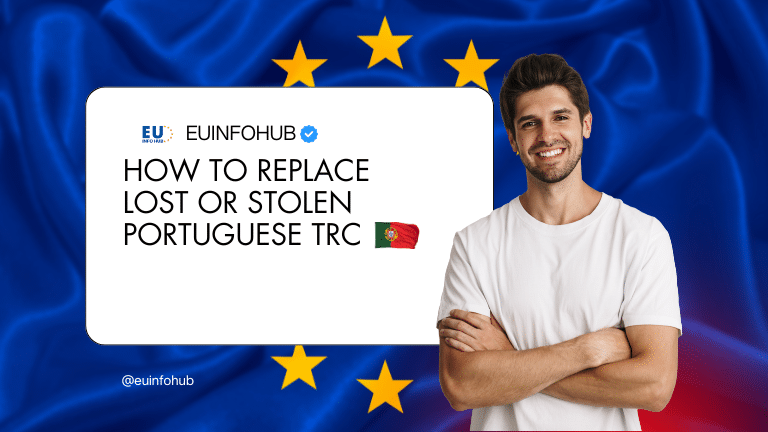

1 thought on “How to Get a European Work Visa in 2025?”